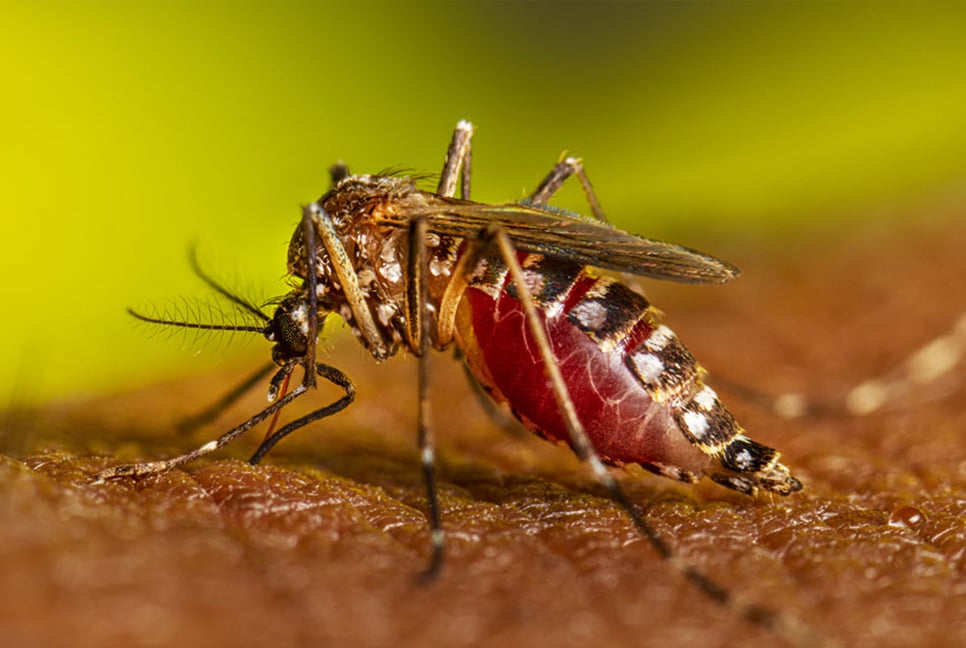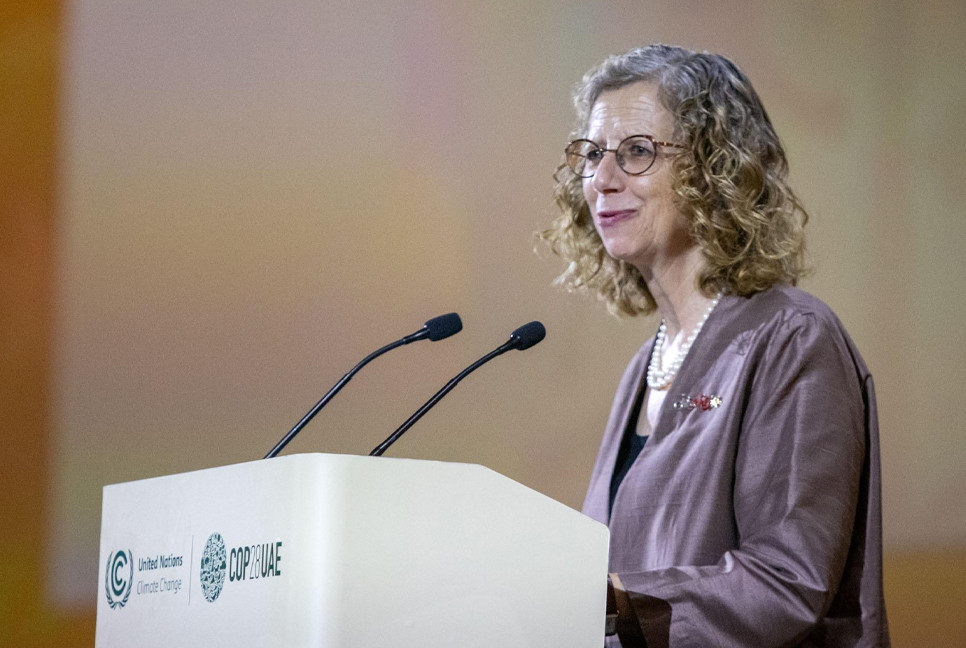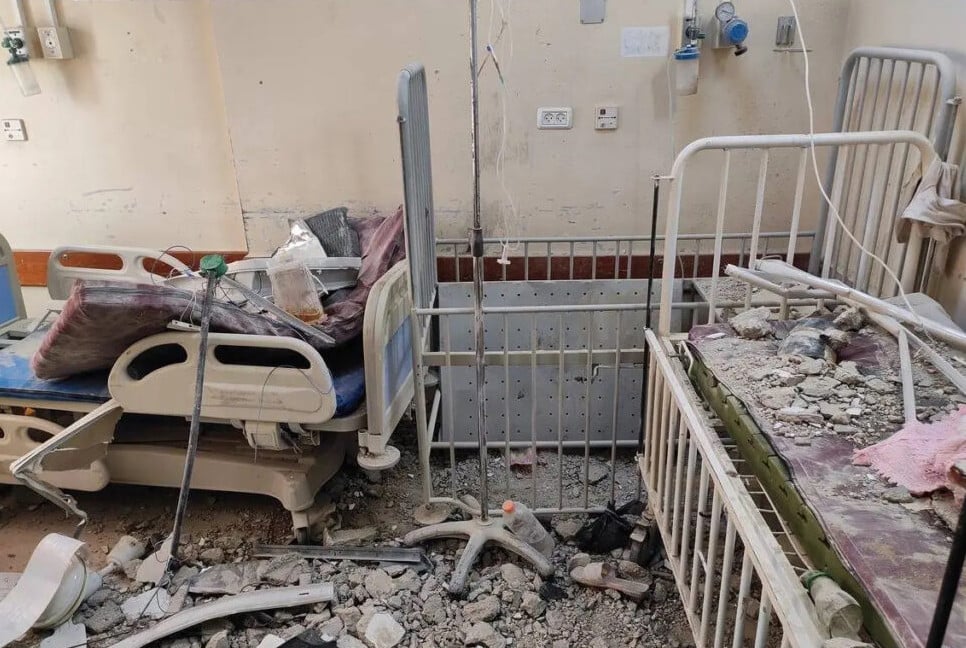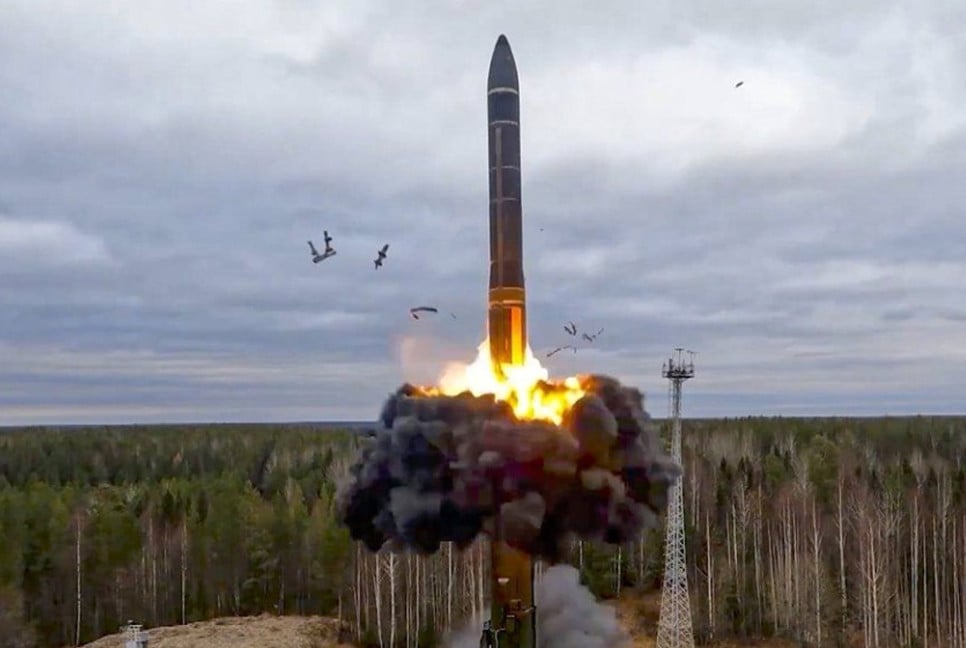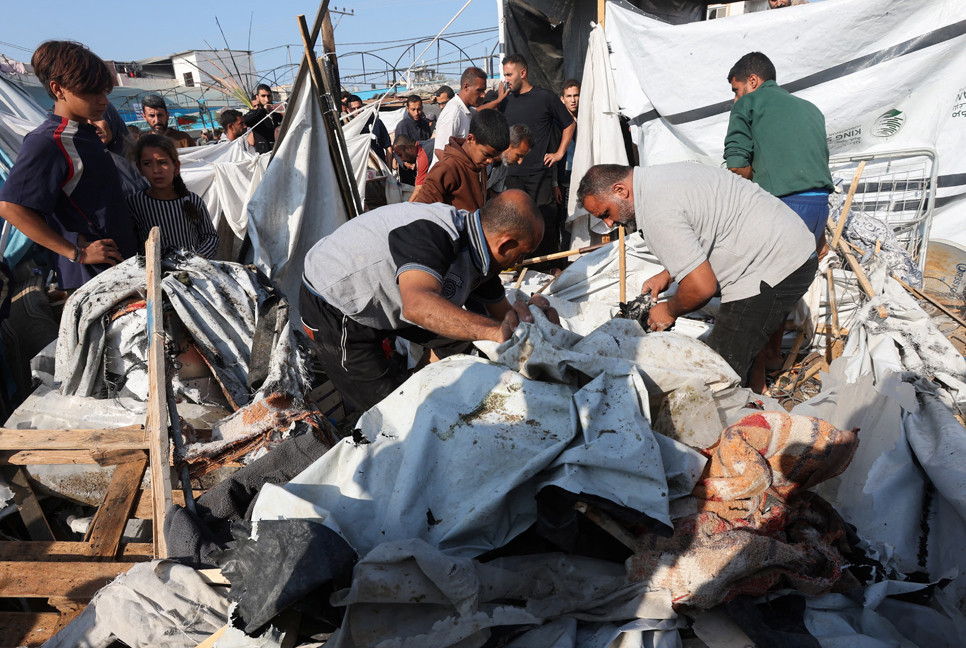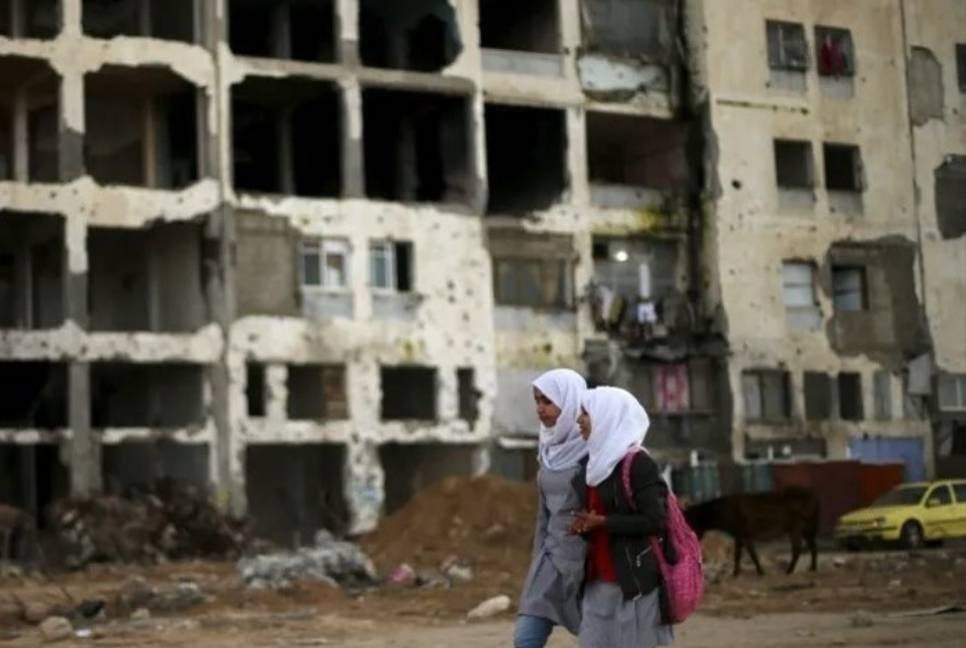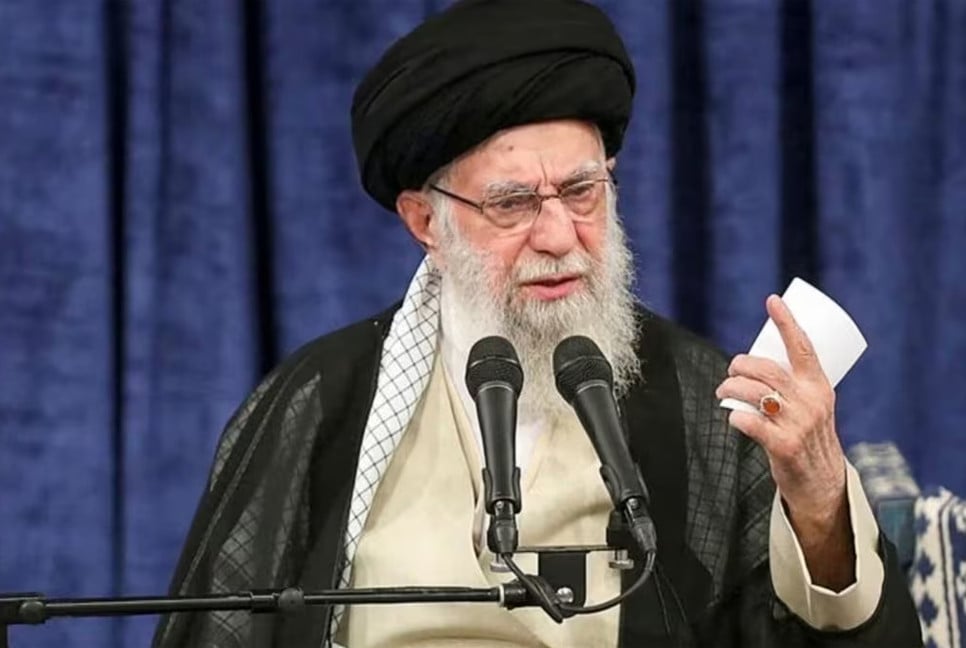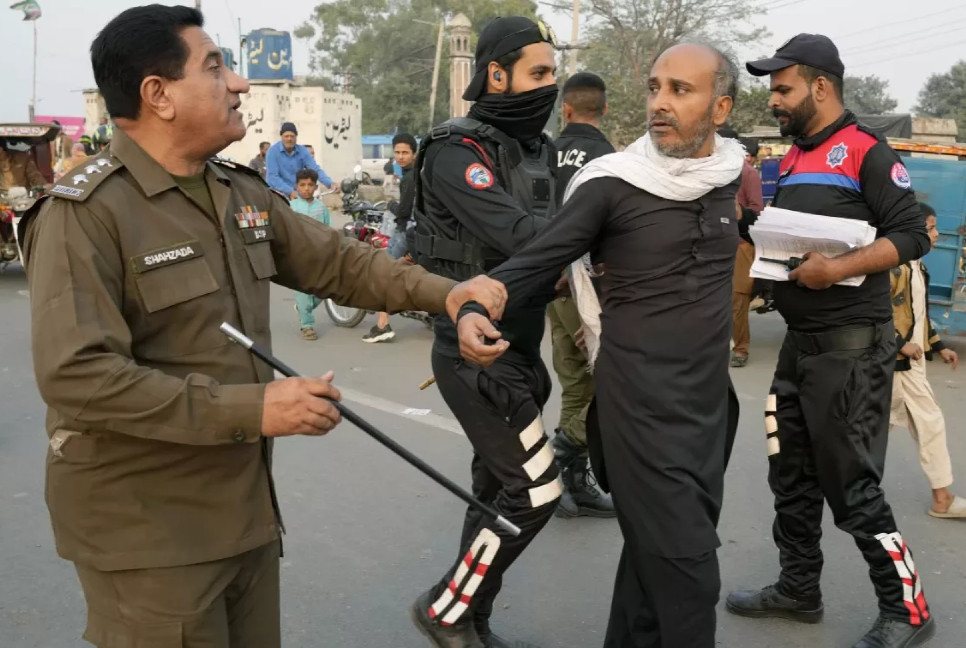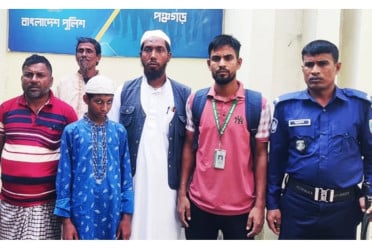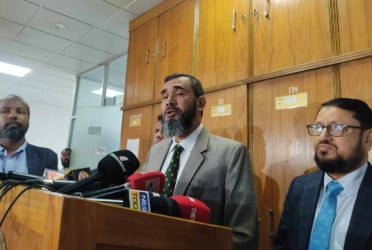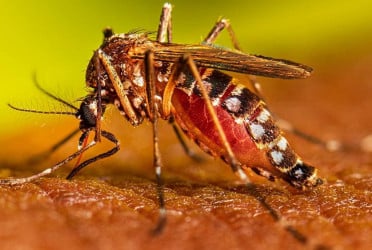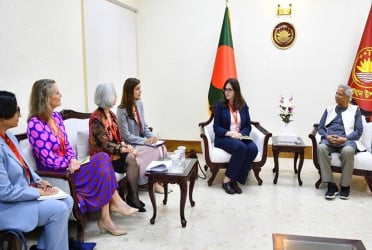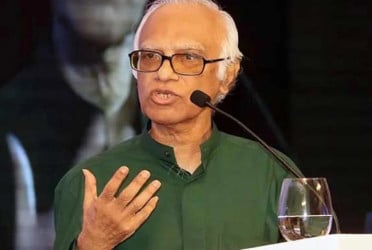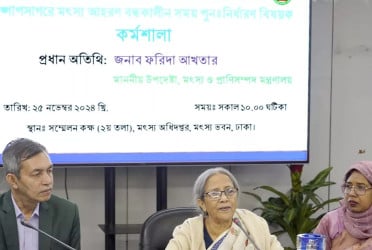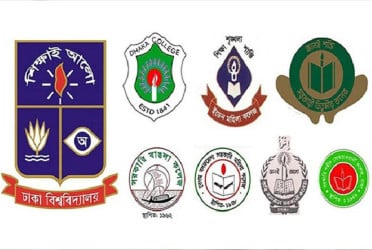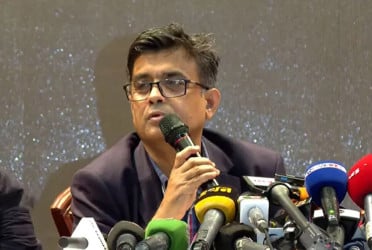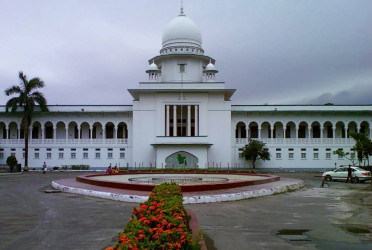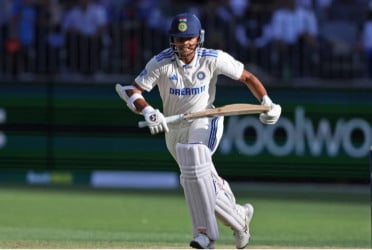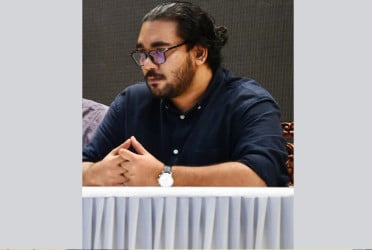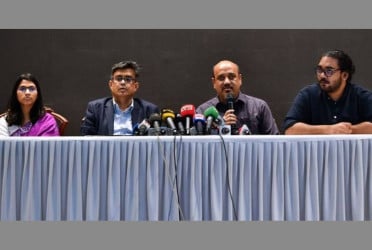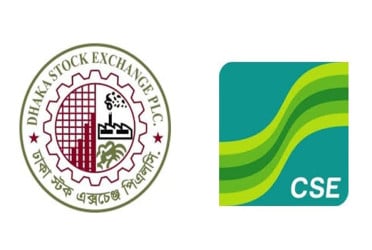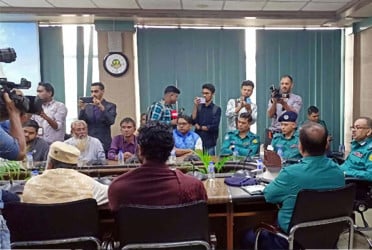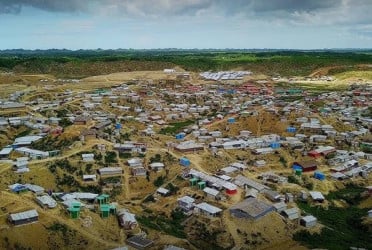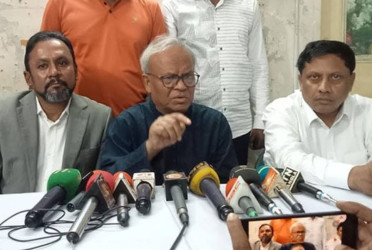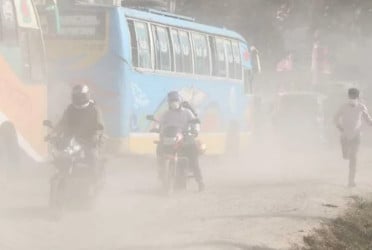Bharat Biotech, one of India's leading vaccine manufacturers, is working on the development of dengue vaccine, reports UNB.
At the same time, the Bharat Biotech authority has announced that the third trial for Chikungunya vaccine is currently at the approval stage.
This information was provided by the Indian vaccine manufacturer in a presentation to the visiting Bangladeshi delegation of journalists at the BHARAT BIOTECH factory in Hyderabad on Thursday.
The authorities at Bharat Biotech said, "We are actively engaged in the development of a dengue vaccine. The dengue virus is highly complicated, as its variants change rapidly, making it challenging to work with."
disease, prevalent among animals, are currently awaiting approval following the completion of the third trial, the vaccine manufacturer said.
During the presentation, Bharat Biotech shared its success story with the journalists, highlighting the revolutionary contributions of Krishna Ella, the co-founder and executive chairman of the company.
Their quick development of Covaxin, alongside vaccines like Oxford, AstraZeneca, and Moderna, during the challenging period of the COVID-19 pandemic, was also highlighted.
During the presentation, BHARAT BIOTECH mentioned that as COVID-19 cases began to decrease, they initiated new research efforts.
Recognising that some people were reluctant to receive the vaccine due to injection fears, the company aimed to address this concern and successfully developed an intranasal vaccine which got approval for use in 2022.
This innovative vaccine named iNCOVAC, administered through nasal drops, made COVID-19 management more convenient and effective, according to BHARAT BIOTECH.
The company emphasised that its current primary objective is to expand vaccination access through on-going research. Additionally, they are committed to continually striving to create more cost-effective vaccines, utilizing fewer resources.
The BHARAT BIOTECH authority said that the company is presently engaged in developing vaccines for diseases such as cancer and diabetes.
They also highlighted their work on the lumpy skin disease, which has posed challenges akin to pox in India and has affected Bangladesh before the last Eid-ul-Azha, causing significant harm to farmers.
The lumpy skin disease vaccine is currently in the approval stage. Moreover, BHARAT BIOTECH is conducting trials for a tuberculosis vaccine, and they are in the advanced stages of research on the Zika virus.
Regarding the reduction of the dose for the rotavirus vaccine to prevent childhood diarrhea, the vaccine manufacturer said that initially, 2.5 ml of the rotavirus vaccine was administered to young children orally. However the children were very reluctant to swallow the vaccine.
Subsequently, BHARAT BIOTECH initiated efforts to address this issue. Dr. Firdousi Qadri, a Bangladeshi scientist at ICDDRB, played a crucial role in this project.
They successfully reduced the dose of RotaVac from 2.5 ml to just half a milliliter (0.50 ml). This reduction not only lowered transportation and production costs but also improved its effectiveness in children, as it was less likely to be expelled from the mouth.
So far, the company has supplied more than 300 million ROTAVAC vaccines around the world, according to official data.
Bharat Biotech, which started its journey in Genome Valley in the Indian state of Telangana in 1996, is currently working on vaccines for various diseases in humans as well as animals and plants.
Bangladesh is currently grappling with its worst ever dengue outbreak in history. The mosquito-borne disease has so far claimed the lives of 1,214 people this year across the country.
The Directorate General of Health Services (DGHS) sought the advice of the National Immunization Technical Advisory Group (NITAG) on the use of WHO-approved dengue vaccine named Qdenga.
Bd-pratidin English/Tanvir Raihan

